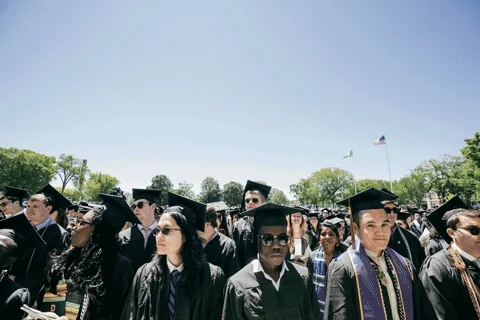
This logo isn't an ad or affiliate link. It's an organization that shares in our mission, and empowered the authors to share their insights in Byte form.
Rumie vets Bytes for compliance with our
Standards.
The organization is responsible for the completeness and reliability of the content.
Learn more
about how Rumie works with partners.
As you conduct, you reflect on their journey. Some began the year with no musical experience, yet today they deliver a flawless performance of a masterpiece.

Smiling faces greet you as they pass — students whose lives you've touched, even those outside the music program.
If this vision of music education seems appealing to you, GREAT! Music education might be a perfect choice for you! If you're curious about studying music education, know that your experiences will be varied and rewarding.
Your why — passion!
If you love what you do, you will never work a day in your life.
— Confucious
You're thinking about pursuing a degree in music education. Great! You probably want to become a music teacher someday and are passionate about the subject.
86% of music teachers cite passion as their career fuel!
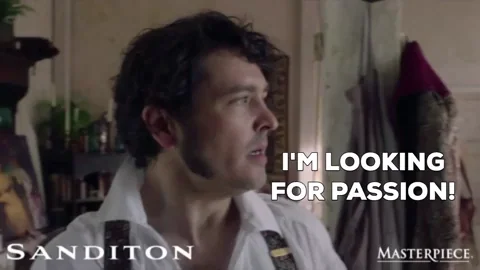
If you love music so much that you need to share it with the world, music education might be the right career for you. That's why music teachers stay in their positions longer and report higher levels of job satisfaction than most others in schools.
Music education is incredibly rewarding.
You'll love it if:
You LOVE music.
You want to help others develop a musical passion.
You love variety in your day and creative problem-solving.
You're good enough to teach others music concepts. You need to be proficient but you do NOT need to be the absolute best.
But...

Teaching music is incredibly demanding.
Most music teachers must become experts in many instruments and methods. They'll stay late for concerts and work on weekends to bring students on trips, to competitions, or to festivals.
In the end, only you can decide if it's right for you.
Quiz
I might want to try a career in music education if (select all that apply):
Being good at an instrument is an important part of becoming a music teacher, but it may not be enough. Music teachers need a passion for music that is so great that they want to share it with the world. It must be an essential and constant part of their life.
What will my journey look like?
While you can pursue music education in a variety of ways, higher education at a university or college is the most common path. While there are steps you can take, everyone's journey is different.
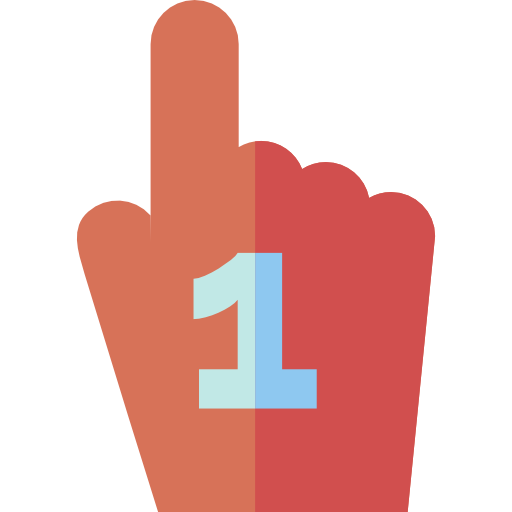
High school prep:
Practice a primary instrument.
Join your school's music program.
Tutor peers or younger students.
Study with a private teacher.
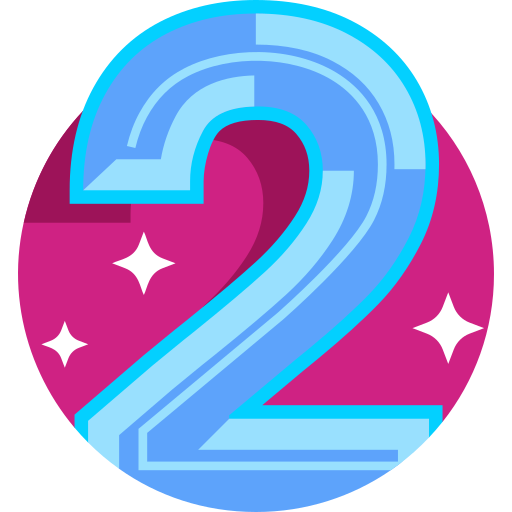
Apply to music education programs:
Choose a program that's a good fit.
Research audition requirements. These may differ between instruments & schools.
Complete your audition.
Look for scholarship opportunities.
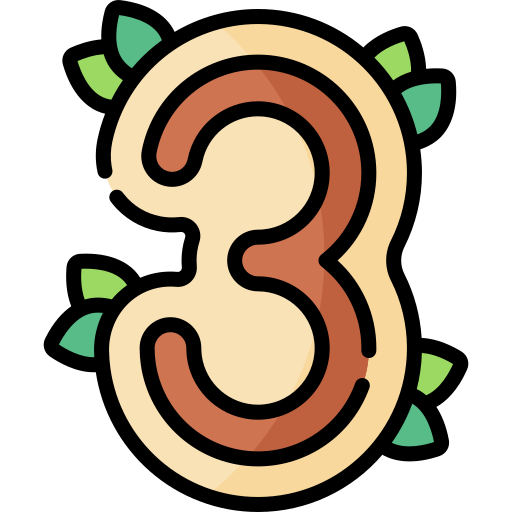
Attend a college, university, or certification program:
Majors: Music Ed, Music Performance.
Minors: Special Ed, Psychology, Performance.
Take classes in both music AND education.
Perform in ensembles and performance settings.
Pass music exams such as recitals and panel juries.
Gain experience through observation & student teaching.

Obtain certification:
Researchstate/territory requirements (or similar requirements in your country).
Complete exams and paperwork.
Participate in student teaching programs.

Apply for a job:
Build a portfolio of experience.
Great work! You're ready to apply for jobs.
Life as a music education student
Your life as a music education student will look different depending on your focus.
You might want to work with the youngest learners in elementary or primary school programs. If so:
On the other hand, if you'd prefer to teach high school or junior high school, you might want to...
Specialize in one area of music such as band, orchestra, theory, history, or technology.
Perform with school ensembles.
Build proficiency in conducting and music analysis.
Your personal interests and cultural diversity are important, too! You might...
Explore culturally adaptive music programs.
Study modern music genres such as rock, a cappella, rap, and pop.
Learn about modern educational pedagogies such as critical theory.
Explore the resources of various non-profit organizations such as MusicWill and A Cappella Academy.
While at school, you may want to take classes in other subject areas as well.
Not all music teachers find their place in the school system. Many run their own small business teaching people one or more instruments. If this interests you, you might want to take classes from the business and marketing departments while in your degree program. The best part — you can do this even if you work for a school!
Building skills through a degree in music education

Although areas of interest within music education are diverse, your program will help you build the necessary skills to teach the next generation of musicians.
Music education programs promote:
Diversity in music
Take courses on music history and musicology.
Explore new and culturally diverse ways to promote and perform music.
Instructional design
Learn methods to teach an instrument or area of music.
Design curricula, establish learning goals and create learning pathways.
Creativity
Develop tools for expression through classes in musicianship.
Take classes outside your field often to widen sources of artistic inspiration.
Analytical thinking skills
Learn to analyze compositions using skills from music theory and history.
Analyze others' performances to provide meaningful feedback.
Equity in the classroom
Develop tools to help students who may have disabilities.
Create lesson plans that are accessible to all learners.

How will I know if it's right for me?
Let's look at some test cases to figure it out! Below are four examples of students considering applying for music education programs.

Tia is the drum major at her school. She plays many instruments and tutors younger students in a variety of subjects. She loves watching others succeed.

Diego is THE next American Idol. He is a viral TikTok singer and is already making waves in the music industry. Diego wants to travel the world and perform.

Kai plays the guitar. He can't read music well yet, but he is good at his instrument. He wants students to have the opportunity to play in rock bands in school rather than just traditional music classes like band and choir.

Jaylee loves playing piano but is more passionate about chemistry. She has dreamt of becoming a scientist since she was young but her parents want her to pursue a career as a music educator because they love to hear her play.
Quiz
Which student(s) would best fit a music education degree?
Tia and Kai both maintain missions with a passion for both music and education at their core. They feel strongly that their passions can help them live strong and fulfilling lives. Jaylee and Diego both love music and may even enjoy teaching, but their passions lie elsewhere. A career in music education without passion may lead to quick burnout. While they all might be great music teachers, they'll have to weigh the pros and cons of a music education degree — just like you!
Take Action
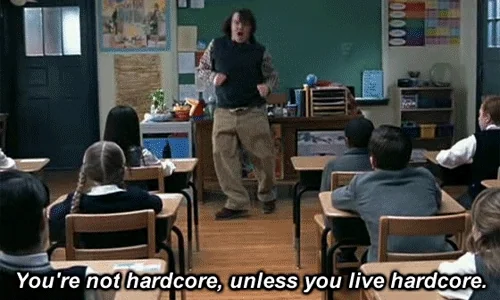
This Byte has been authored by
Tom Carle
Professional Learning Specialist
Master's Degree
